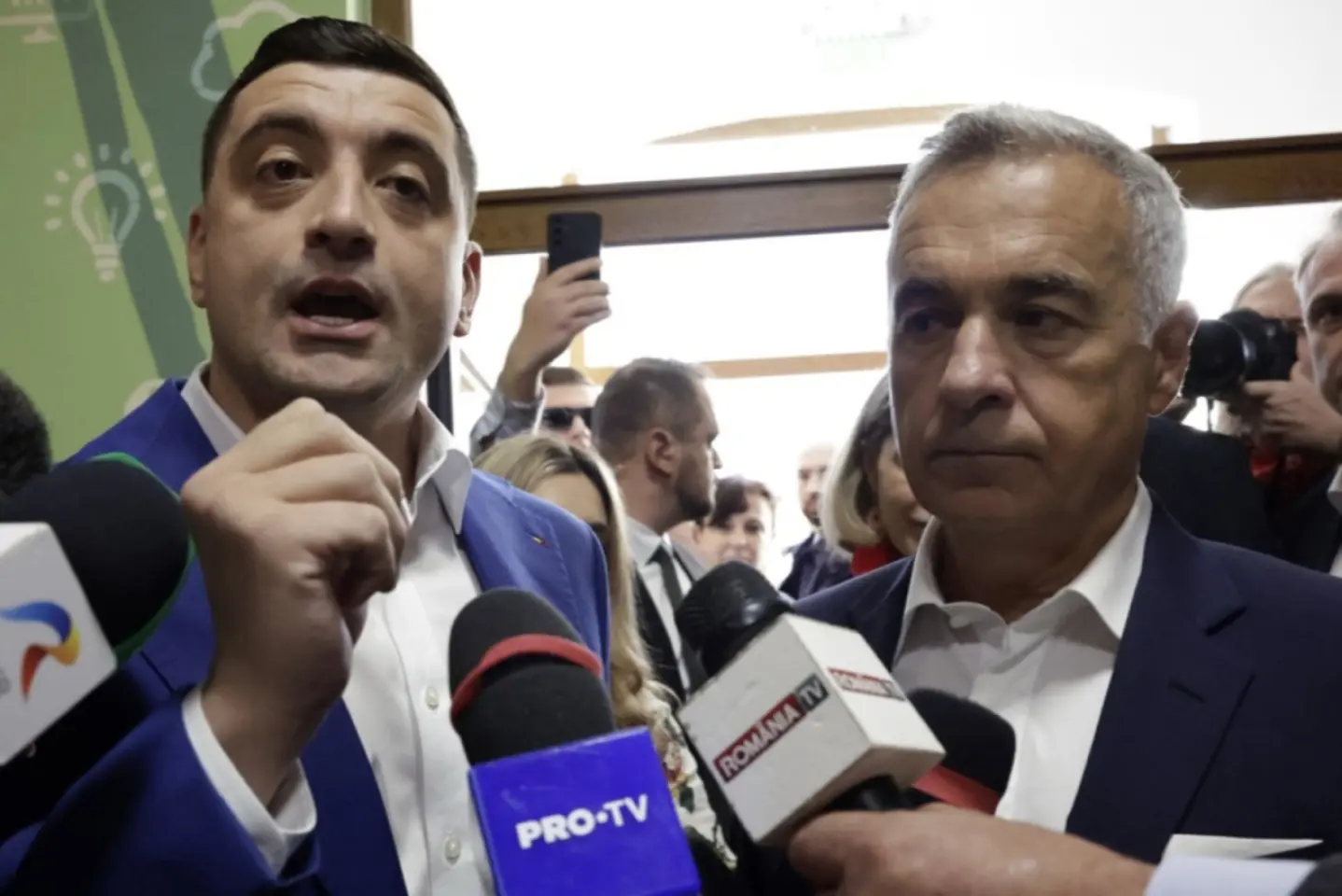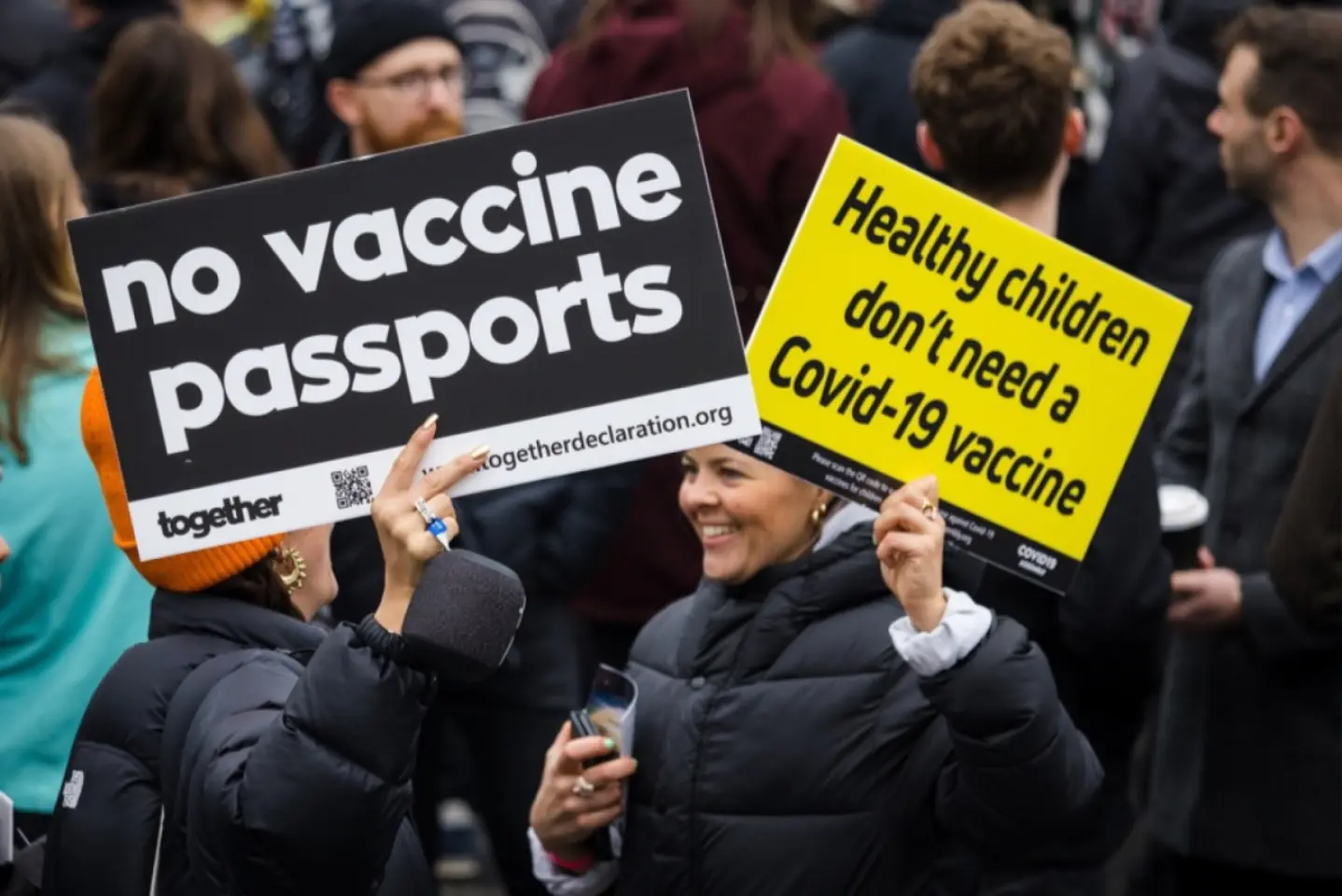---copie-image.webp)
Currently he is a news editor with Radio Romania News and Current Affairs. In the past he was in charge of jokes and civics for the Kamikaze magazine and wrote for the local press in his hometown. He doesn't have a PhD, although he would plagiarize one.

Narratives identical or similar to those fostered by Russian propaganda have also been circulated in the current election campaign in Romania. They transpired not only in the rhetoric of far-right parties, which for years have internalized such theses, but also in the statements of certain politicians aligned to Romania's pro-Western course.

The population's energy costs will double due to the economic policies adopted by the new government and President Dan, claims the sovereignist opposition.

Romania will lose money by agreeing to reduce prices for the transit of natural gas to Ukraine, according to a website associated with the propaganda network of AUR.

Romania will become a logistics hub for the transit of weapons destined for Ukraine, replacing Poland, which has elected a patriotic president, conspiracy theorists claim.

The AUR party should be in power because it ranks first in the polls, sovereignist propaganda writes.

Data linking the global increase in excess deaths to anti-Covid vaccines has been kep secret, conspiracy theorists say.

The MMR and HPV vaccines are hazardous to the health of Romania’s children, according to a vote of no-confidence filed against the Health by sovereignist parties.

Romanians in the Republic of Moldova overwhelmingly voted for Nicușor Dan, even though the ruling party, PAS, supported Crin Antonescu. Directly threatened by Moscow, the Moldovans rejected George Simion who, although he declared himself a unionist, is perceived as pro-Russian across the Prut. On the other hand, George Simion got most of the votes of the Romanian diaspora in Europe, which until recently preferred candidates and parties defined as pro-European and reformist.

Networks of Facebook accounts, followed by millions of Romanians, simultaneously promote messages containing sovereignist and anti-EU themes. The messages are also featured on “apolitical” pages publishing mundane or religious content. Networks that promote the same messages were identified in a comprehensive online study.

The so-called “blacklists” have recently remerged in Romania – they are particularly circulated by Călin Georgescu’s supporters. In Romania, blacklists have a rather dark history, as they were used by extremists to take out their opponents.

Romanian extremists seem to believe that the return of Donald Trump is bound to bring them more voters and legitimize a type of discourse marked by populism and false narratives. They also hope that Trump will help them get the power. It is a kind of oxymoronic reasoning that shows that, in fact, Romanian extremists do not even understand the meaning of the word they adopted to define themselves - "sovereignism".

A fake account attributed to Julian Assange expresses its admiration for Călin Georgescu. The fake didn't bother the Romanian extremist, who instead set about debunking made-up fakes.

Georgescu was once considered a technocrat with a solid international career. When that career ended, he adopted a pro-Russian and anti-Western discourse and expressed his admiration for Ion Antonescu and Corneliu Zelea Codreanu.